Cooperation with Egzakta Advisory experts in the organisation helps clients gain better insight into the company's functioning and create change plans that bring better results.


Every company strives to have efficient processes, management, and workforce. Our task is to balance them considering the complex environment, performance, productivity, quality, and focus. The right solutions are seen as bringing immediate results and lasting benefits to the organisation. Organisational changes must be carefully planned, considering the company's strategic and operational goals. Setting up the proper organisation is always a big challenge, especially since any change within the company can bring as much benefit as harm. Putting the right people in the right place with clearly defined responsibilities and enabling the efficient implementation of business processes is imperative.
For agile decision-making and efficiency of the entire organisation, the key points are:
1.
Strategy
2.
Organisational
structure
3.
Processed
4.
Technologies

The company's strategy must be grounded in the organisation. For the company to succeed, it defines the strategy, i.e., the path by which it will reach that success. The strategy defines:
Processes define intra-functional and cross-functional ways of working within the company. Processes are defined by roles, activities, and decision points for all business flows within the company. For a company to become agile in terms of its processes, it needs:
Products and services must be at the level of competition and meet the changing demands of customers. Therefore, they must be digitised or digitally enabled, which will require the development of architecture, systems, tools, and adaptation to new technologies.
The organisational structure is a management structure that defines how responsibilities are divided for specific business functions. By defining this structure, the company defines responsibilities and management lines. It is necessary to determine:


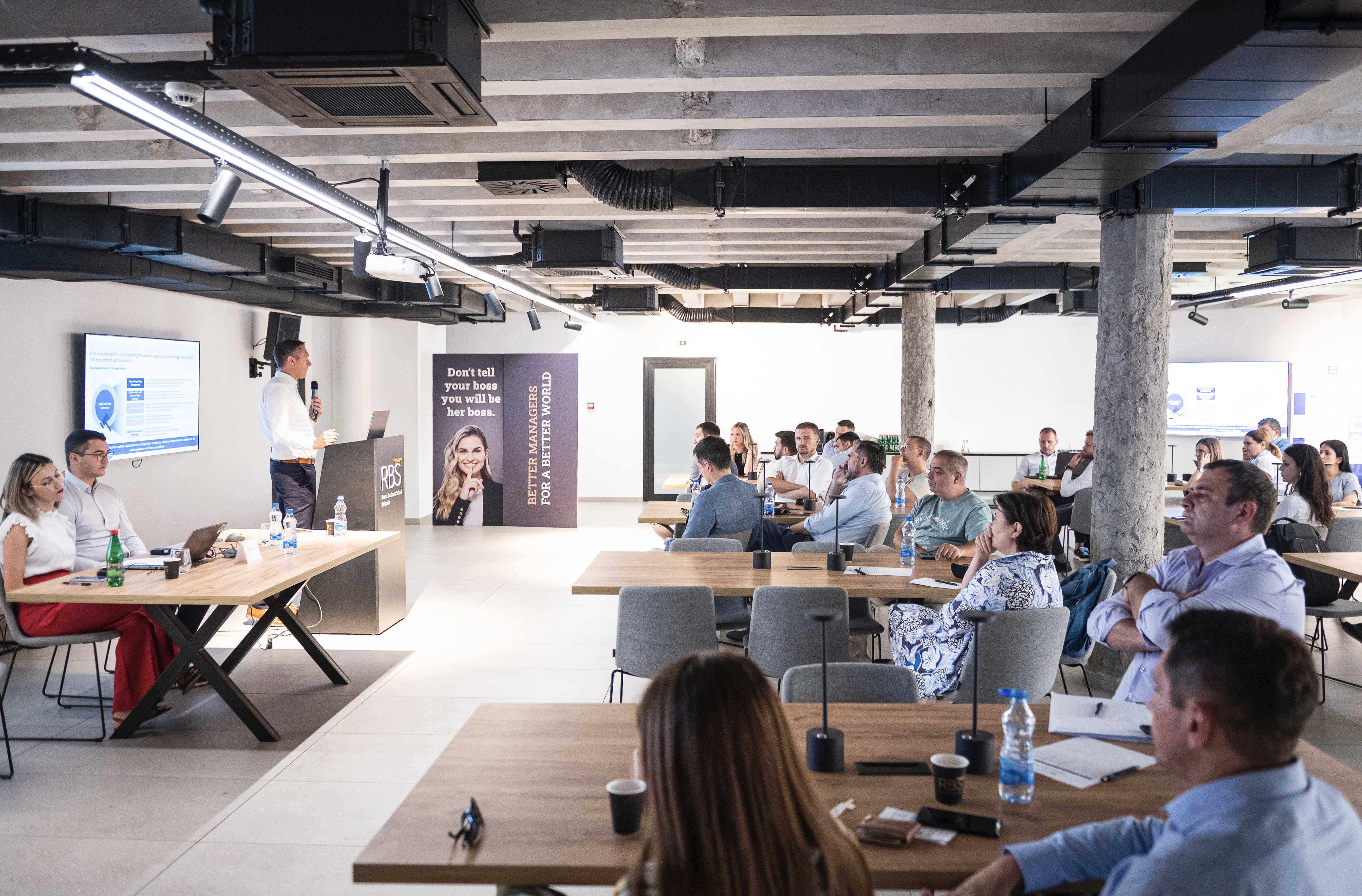
Đorđe Lazić
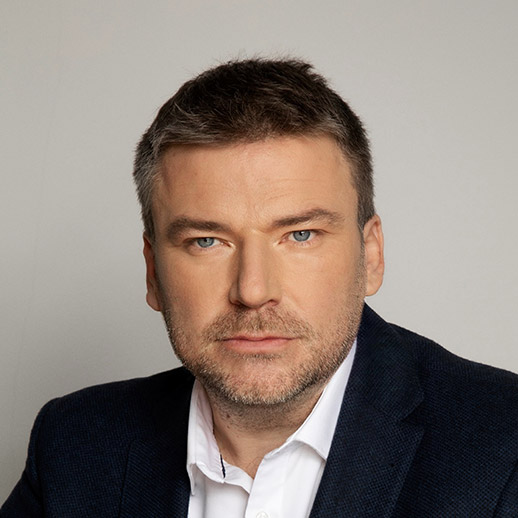
Egzakta Learn and Lead
On Thursday, July 3rd, the first event in the new Egzakta Learn and Lead series was successfully held, presenting the software solution Legal and Late Collection – designed to bring more efficient control and greater transparency to legal processes and late collection...
IT industry
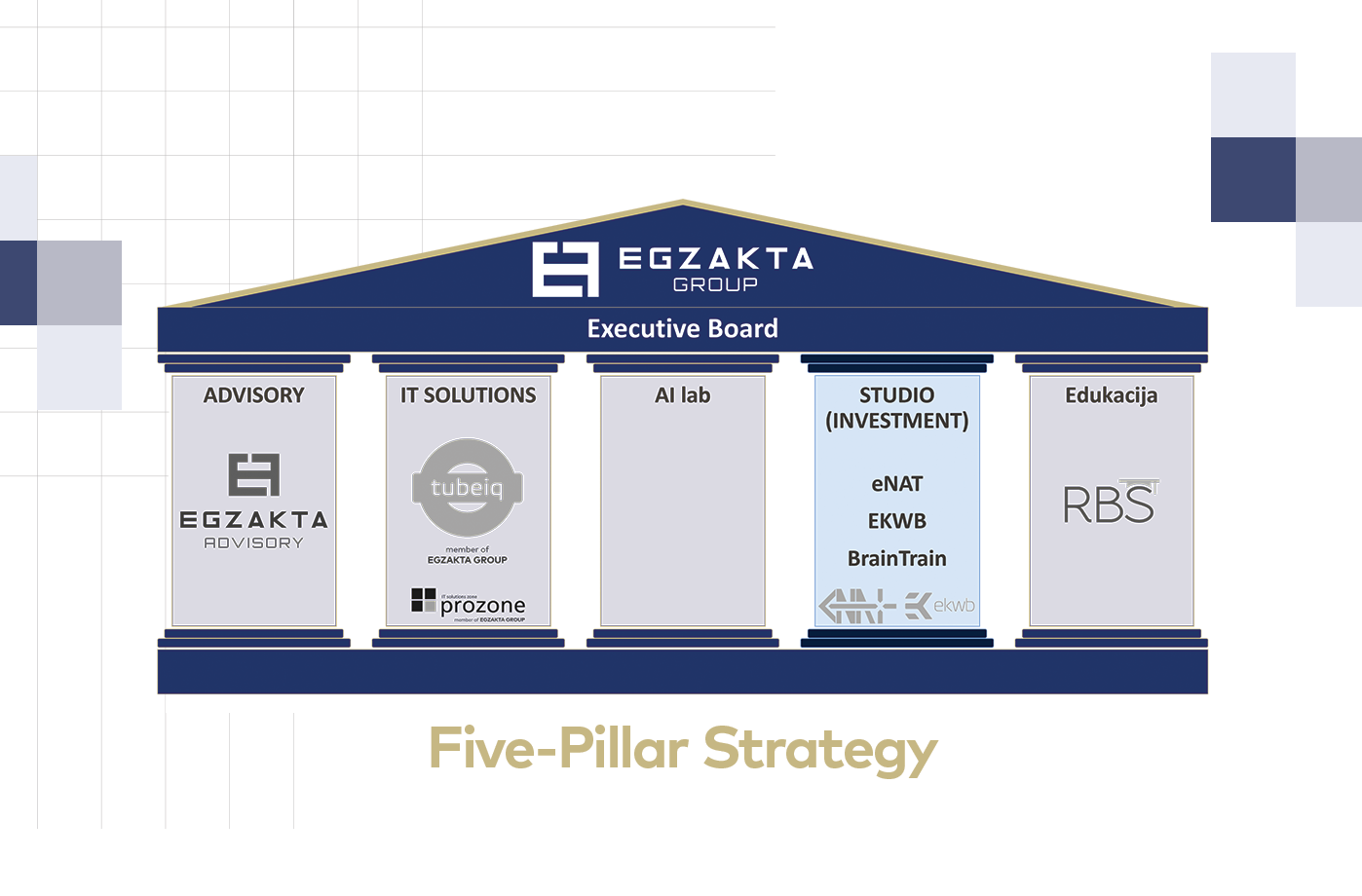
Vladan Atanasijević

Bloomberg Adria
Egzakta Group's 2025 strategy focuses on bridging the digitalization gap in the Adriatic region through advisory, technology, AI, investment, and education, driving innovation, transformation, and sustainable growth across industries and governments...
Consulting

Marija Đurović
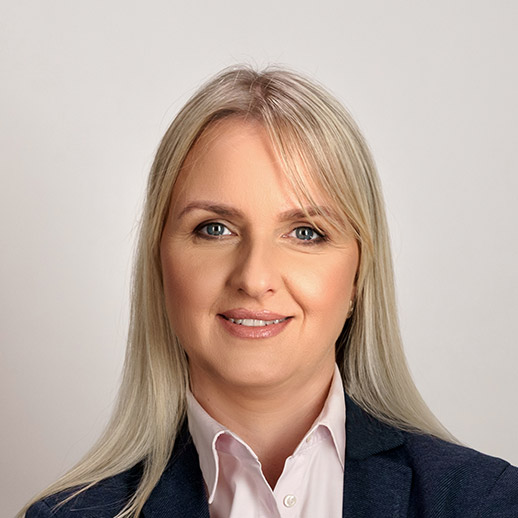
Black Friday
Black Friday is not just a day of big discounts but a symbol of mass consumption with serious consequences for our planet...
Environmental Protection

Ljiljana Milić

Interview with Ljiljana Milić for CorD
Egzakta Advisory offers a holistic approach that combines a deep understanding of business processes with cutting-edge technological solutions, positioning itself as a leader in digital innovation...
IT industry

Ivana Višnjić
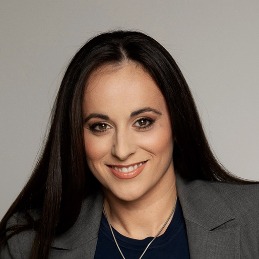
Pros and cons of prepaid services
While subscription and prepaid models offer numerous advantages, such as stable revenue, there is a growing concern about whether their popularity affects the quality of service consumers receive, especially in industries like telecommunications, software, and fitness...
Telecommunications

Miloš Pavlović

Youth and the myth of generations
Understanding societal changes and the need for a deeper approach beyond generational labels reveals that youth is a universal state of mind that transcends age, while stereotypes often overlook the influence of life stages and the era we live in...
Consulting
Through a partnership approach, together with the management, we create the conditions for a more engaged, productive, and humane business in the future. We believe every organisation has an untapped potential that we can discover and release by working together.

Nenad Tešić
Partner

Marko Marković
Partner

Ivana Višnjić
Junior partner

Ljiljana Milić
Senior Director